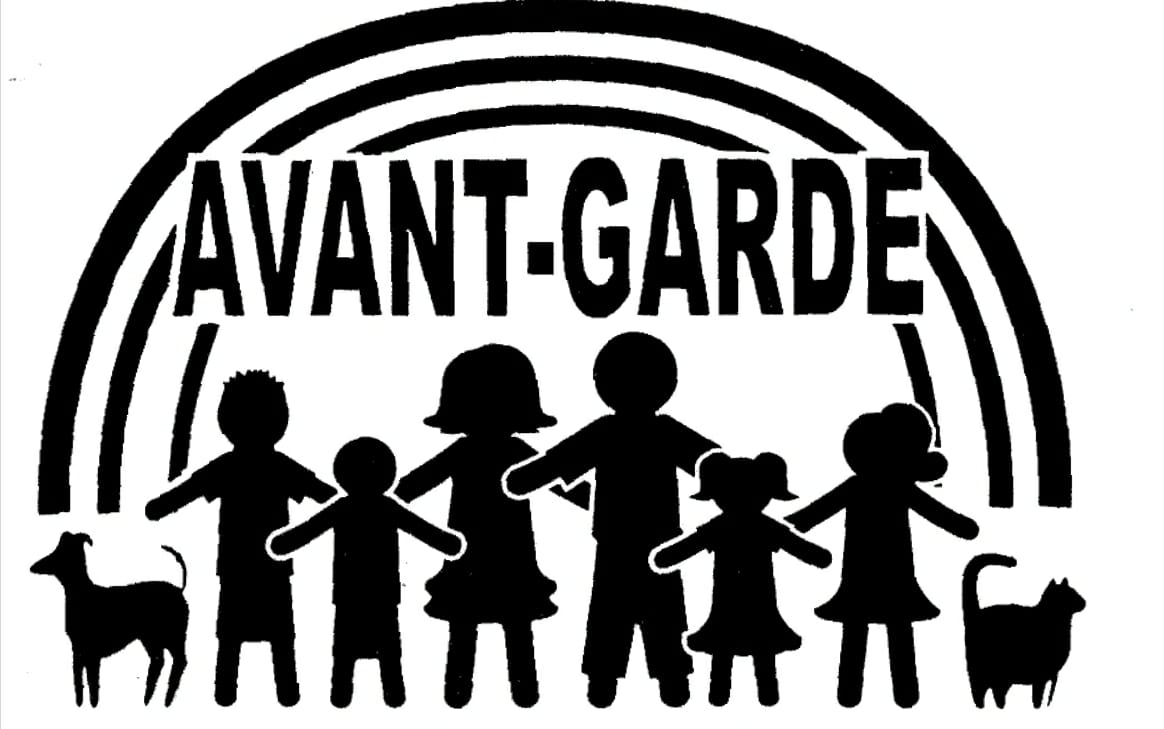
Being a Foster Parent (or Resource Parent, as it’s now being referred to) is a big deal, so it’s good to be confident in your decision and to feel ready. To be a foster parent, there are three areas of readiness you’ll want to address.
Have you done all the paperwork?
It’s best to get started on the paperwork right away because becoming a Foster Parent (Resource Parent) can be quite time-consuming. There are forms to fill out, fingerprinting, interviews, and inspections to take care of long before a child shows up at your door. Why spend countless hours on research only to find out you’re ineligible for some reason? Get the ball rolling and if at some point you change your mind, you’re always free to stop the process.
If you don’t start the journey, you’ll never reach the destination.
Do you have your home in order?
There are physical requirements you must meet before you’ll be able to pass the home study. You can read up on preparing a bedroom and pool safety here.
It may require some significant lifestyle changes and home improvements before your house is foster-ready.
Do you have the right mindset?
Meeting the physical requirements is the easy part. Being emotionally ready to be a foster parent means understanding some important things.
- The goal is almost always reunification. If your motivation to foster is the hope of adopting, understand that you may be on a painful path. The primary goal is for these kids to be reunited with their biological families whenever possible. Of course, that’s not always possible, but knowing it’s your first priority can help you have realistic expectations and stay focused on the well-being of the child.
- A child in care may not be happy about it. They probably didn’t want to be taken from their parents and might just view you as an enemy at first. Are you prepared to be faced with a hostile attitude in the beginning?
- You’ll need a support system. Only another foster parent can truly understand what you’re going through. Find your support people and learn to filter out the naysayers. If your family isn’t behind you, you may find yourself in a lonely situation where you feel judged instead of supported. This decision will affect your children and spouse, so choose wisely when picking an age range and number of children you can best support in your home.
- There are lots of resources available to you. Do your homework and find out what local businesses support foster care families. Read books on fostering. Talk to your agency social worker. You’re not alone.
- These aren’t “bad kids,” but they may display some challenging behaviors. Many kids come into foster care abused and neglected. Some have experienced trauma, creating behavioral issues that will require your patience and understanding. Often there are learning delays or a lack of maturity. It takes a balance of gentleness and firmness to guide them.
- You’ll be working as part of a team. Good communication skills will serve you well as you interact with biological family members, teachers, social workers, therapists, doctors, agency staff, legal teams, and the child.
- You’ll need to make room in your home, your schedule, and your heart. Do you have the time freedom to allow for visitations, sick days, court hearings, training, doctor visits, etc.? It’s very possible to work full time and foster, but plans will need to be in place to allow for flexibility. It takes a big heart and a lot of love to be a foster parent.
- This is NOT your means of income. The stipend paid to foster parents is intended to compensate for the expense of having a child in the home. These funds are intended to be used to provide for the child’s needs. It’s important that you be financially stable prior to becoming a foster parent. It’s not uncommon for a foster parent to spend more than they receive.
- You need to be willing to have your heart broken. It’s important to attach to these kids, but most end up saying goodbye some day. Grieving is a normal part of fostering. The important thing is that the child knows what it means to be loved.
Think you’re ready to be a foster parent?
It’s important to be informed before making any big, life-changing decision. But just like having a baby, you’re never really “ready”. How can you be ready for something with a million variables? All you can do is gather knowledge, get some clarity, and do your best. Nobody is perfect, but you CAN make a difference in the life of a child.
The staff at Avant-Garde FFA is always available for questions and support along the way.
Article written by Cindy White Horvath. She can be reached at cindy@avgffa.org


